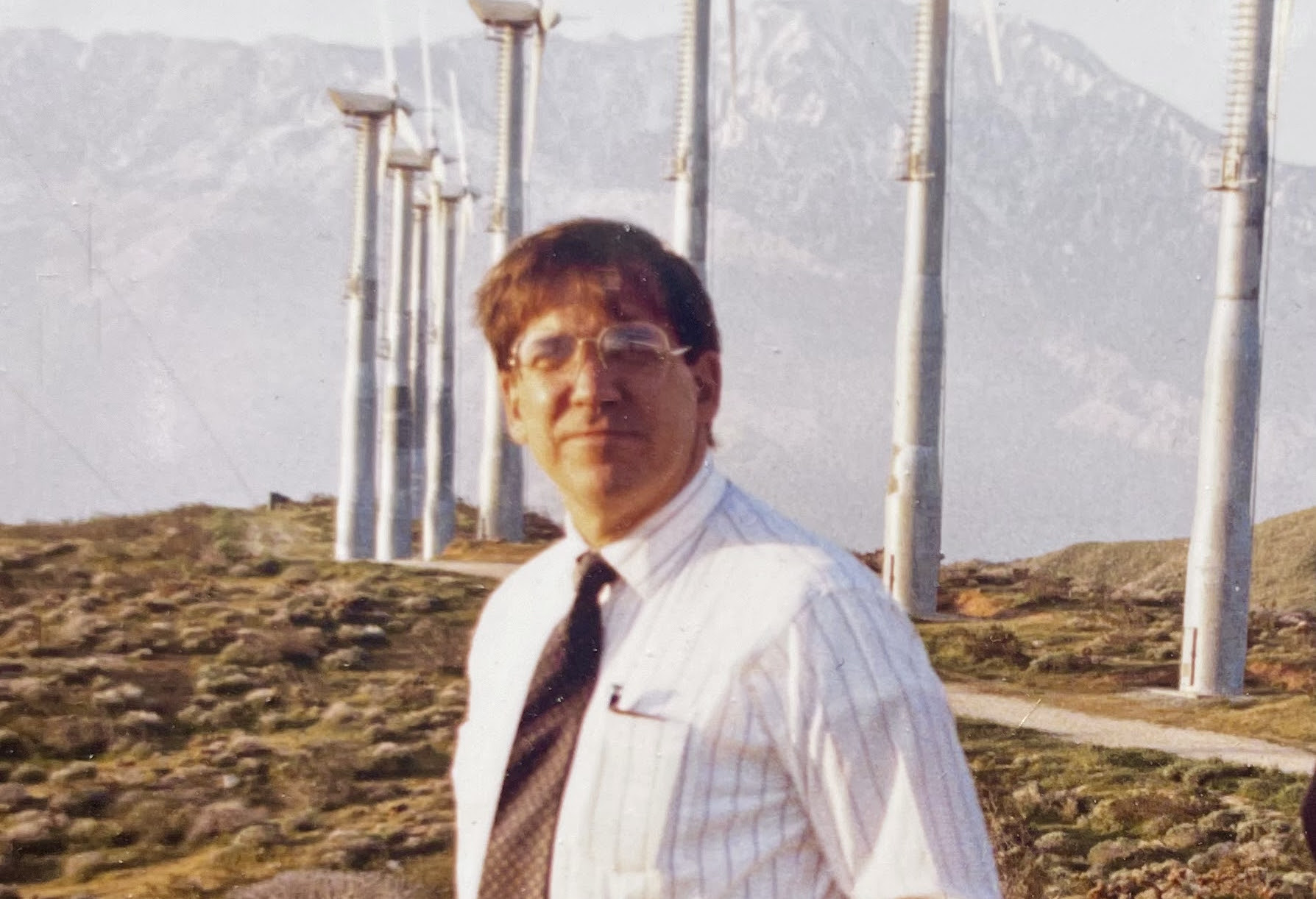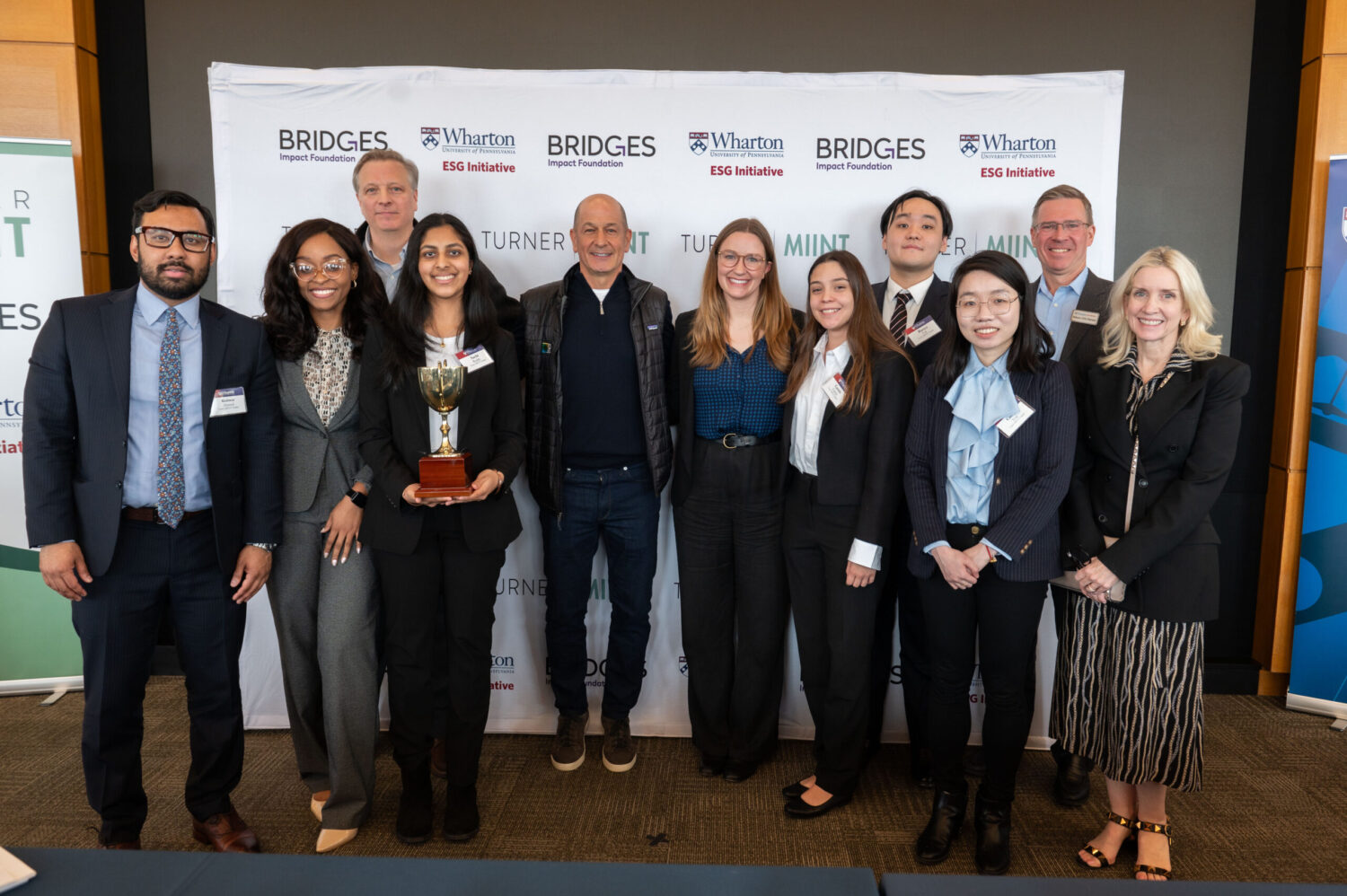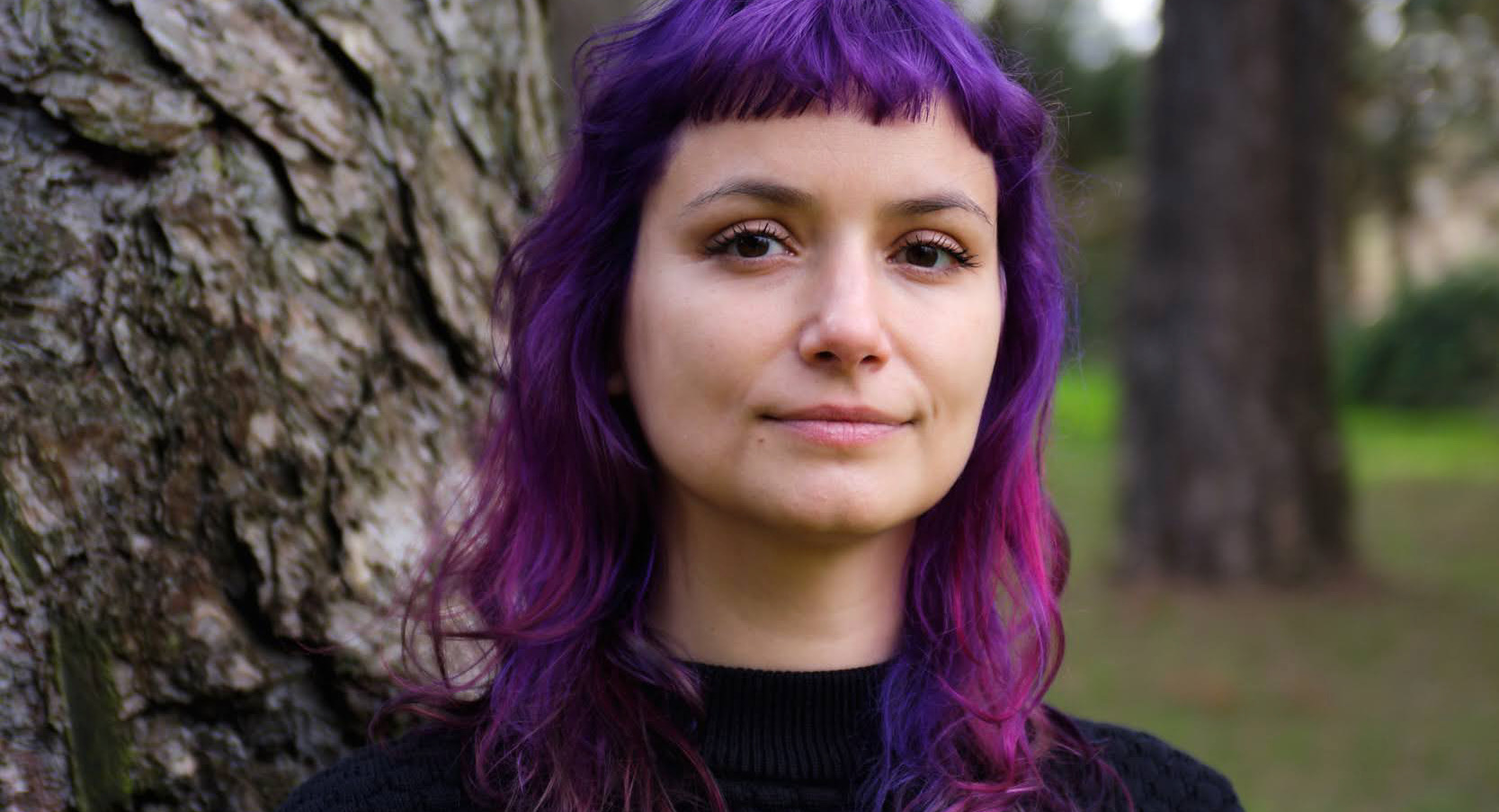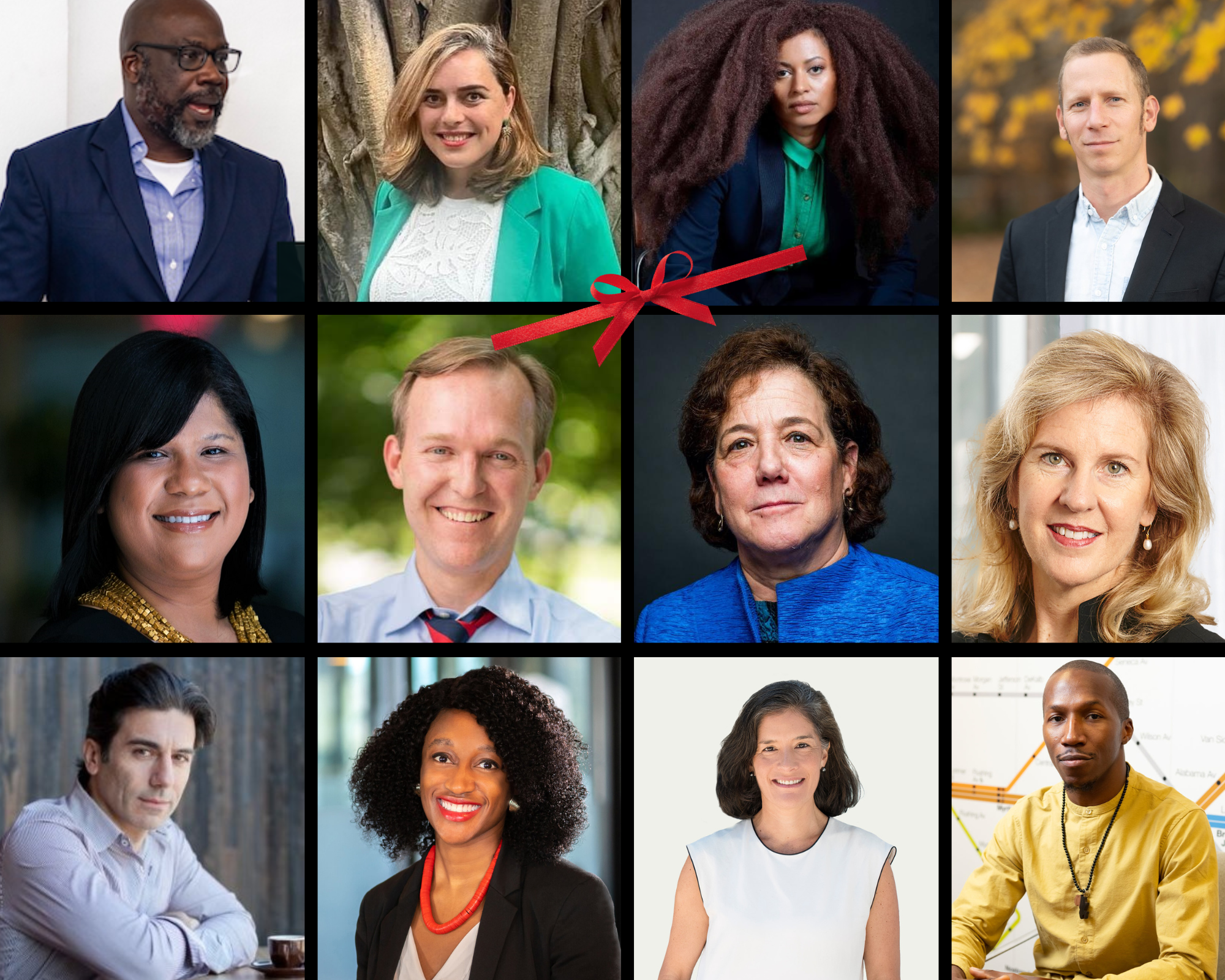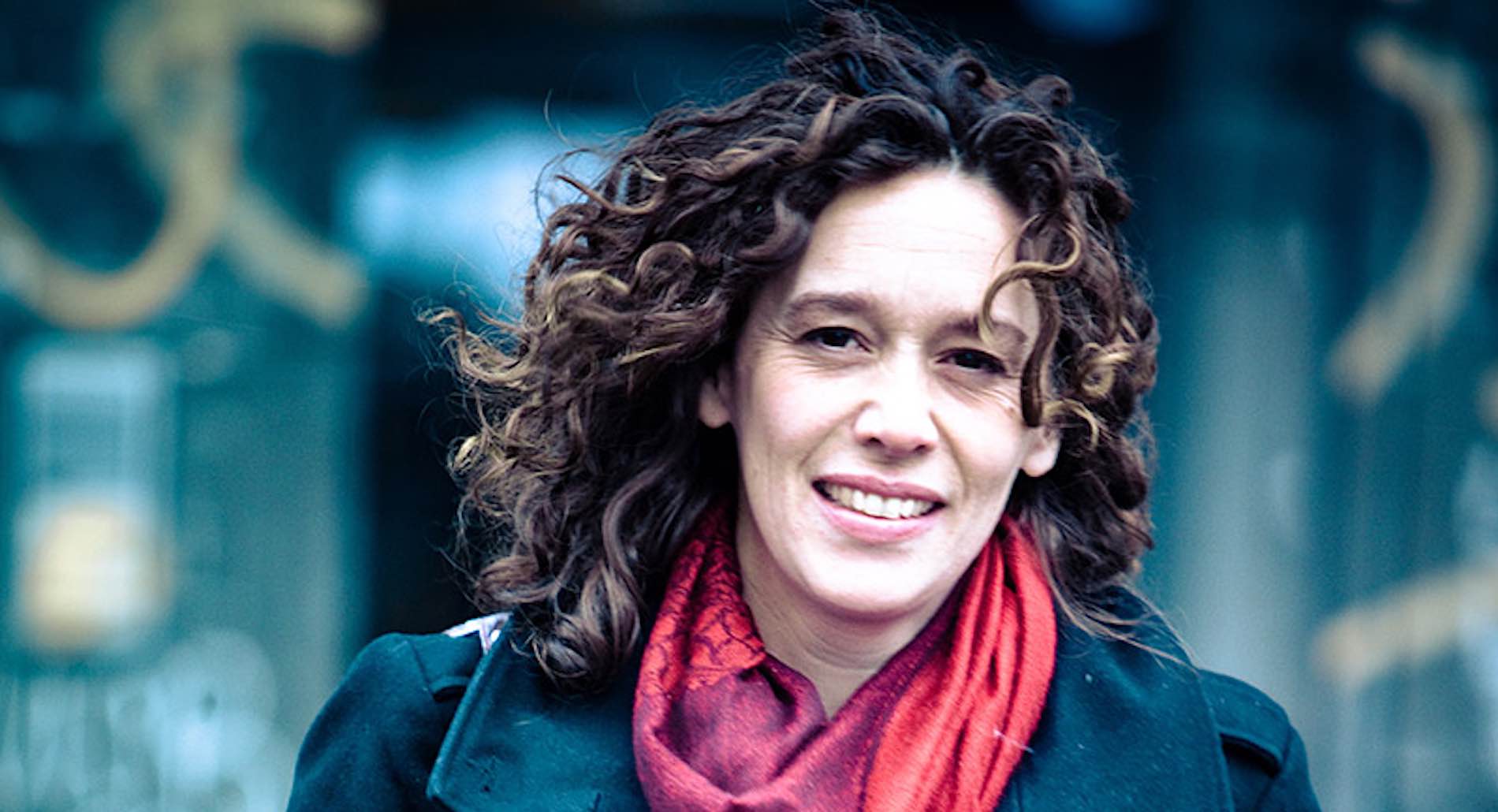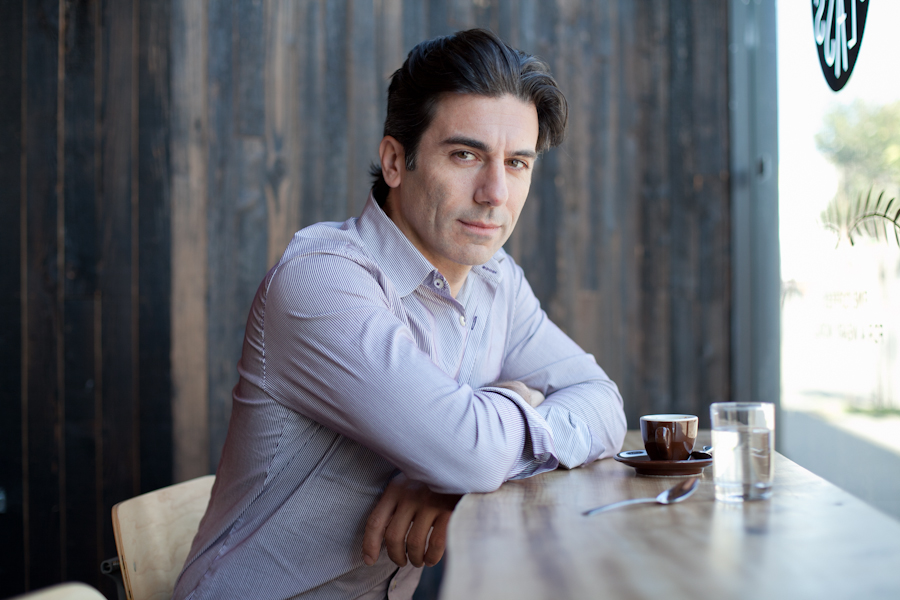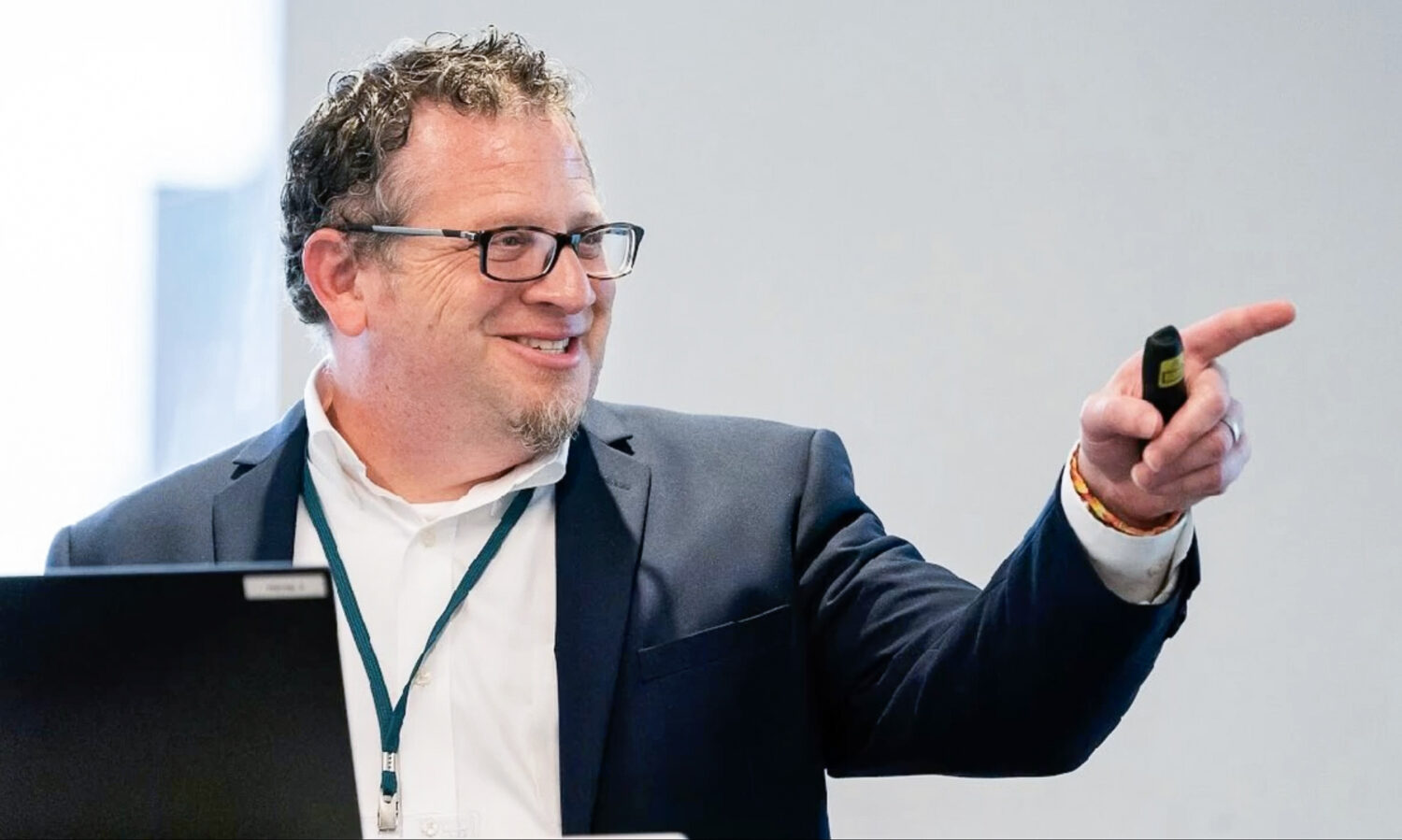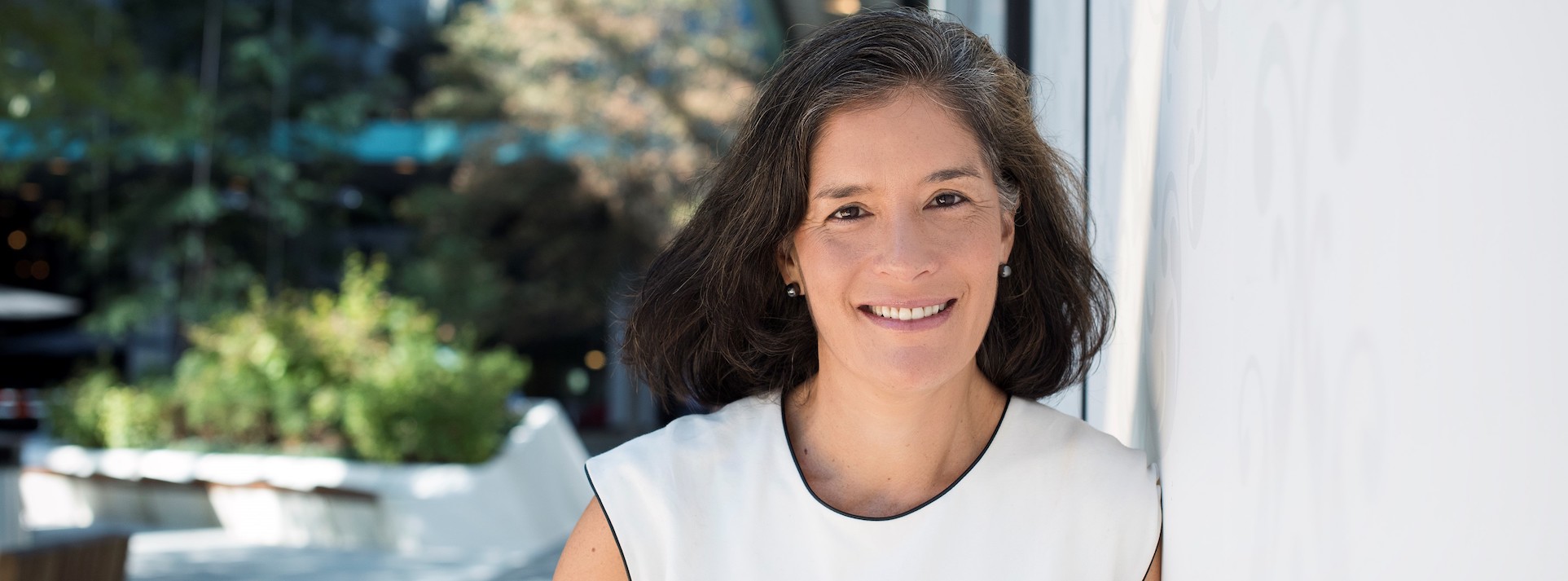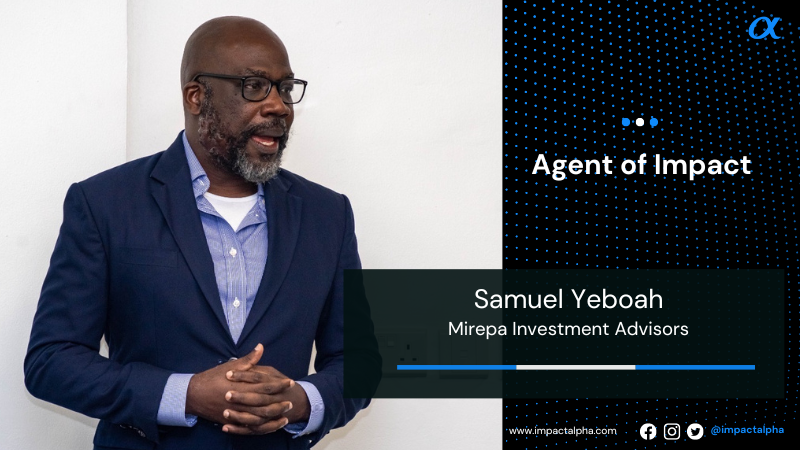ImpactAlpha, Jan 14 – Harry Halloran had a big vision and tried to make it reality: Business could be a driving force for social change.
The Philadelphia energy executive turned philanthropist and impact investor threw his belief and financial support behind a generation of social entrepreneurs who would become leaders in the burgeoning movement to reshape business in the U.S and abroad.
Harry died last month, after complications from a stroke he suffered several years ago. Over the last 15 years, Halloran Philanthropies has made $52 million in grants and impact investments to support people advancing wellbeing and reducing poverty through job creation, financial inclusion, clean energy and water, agriculture, education, housing and healthcare.
“Harry took a risk on an impossible idea because he believed, with some religious fervor, that business could be a force for good – IF we changed the culture and the rules of the game,” says Andrew Kassoy of B Lab. Halloran Philanthropies provided some of the earliest funding for the Berwyn, Penn.-based nonprofit behind the B Corp certification for social and environmental performance that has been earned by more than 4,000 businesses.
Kassoy says, “He made those commitments with a sense of joy, a loving smile, and a glint in his eyes that made me believe that what we were saying we wanted to do was actually possible!”
Halloran Philanthropies, under the leadership of Harry’s best friend Joseph “Tony” Carr, took some of the earliest bets on what have become some of the most influential organizations in impact investing and social entrepreneurship. In addition to B Lab, Halloran provided early backing for Echoing Green, Village Capital, Kiva, The Social Stock Exchange in London, Unreasonable Institute, SOCAP, the Latin American Impact Investing Forum and ImpactPHL.
Harry’s impact runs much deeper. In private dinners and intimate gatherings, spontaneous phone calls and conference side events, Harry and his team built deep relationships, fostered connections and instilled belief in the people they saw leading the movement for change.
Backstopping leaders
Harry and his team had a knack for spotting talent – and quickly getting behind it.
“Harry personally and Halloran Philanthropies more generally changed my life,” Ross Baird, founder of Village Capital and Blueprint Local, told ImpactAlpha. Harry and the foundation were some of the first believers in and backers in Village Capital, says Baird, “but also in this idea broadly of groups that can build an entrepreneurial ecosystem.”
Village Capital has gone on to support 1,100 entrepreneurs in 28 countries. VilCap Investments, its affiliated fund, has backed more than 110 startups that have raised more than $4 billion in follow-on capital.
At annual gatherings, Harry, and his wife, Kay, would bring together extended family with leaders of organizations the foundation supported to “help us and support us and challenge us and also encourage us to share what we’re doing with each other,” says Baird. “Harry was such a consummate community builder.”
Halloran’s sponsorship helped make happen the first Social Capital Markets, or SOCAP, conference. “Harry could see something that should exist and could exist and had the resources to make it happen before other people understood what it was,” SOCAP founder Kevin Jones told ImpactAlpha. “Harry’s instincts were wise and visionary.”
Among Harry’s other early bets that worked out: seeding much of the impact investing market in Latin America.
Harry and the foundation “had this ability to get the best out of people,” says Rodrigo Villar, who Halloran supported at New Ventures Mexico, Adobe Capital and the Latin American Impact Investing Forum, or FLII. “When you trust people and when you follow their dreams and support their dreams, good things can happen.”
Halloran Philanthropies, with support from advisor Mark Beam, cut the first check for the FLII, what has become Latin America’s most active impact investing conference. The foundation also backed Adobe Capital, among a half dozen first-time impact funds in Latin America. It made direct investments into social enterprises such as Clinicas del Azucar and Frogtek.
Halloran Philanthropies may not have the deepest pockets among foundations but they’re strategic, pick up on good ideas quickly and act fast, says Villar. “As a social entrepreneur, I felt like they were watching my back and supporting me in different things,” he says. “Pretty much every crazy idea I had, they were in.”
With support for three books, Halloran Philanthropies pursued Harry’s interest in human well-being, corporate social responsibility and the role of business in building a better world.
“Harry was a giant, a beautiful human being, and leading thinker and leader in the field of human well-being,” says David Cooperrider, co-editor of “The Business of Building a Better World,” with Audrey Selian, an advisor to the foundation. “He was a giant of generosity, curiosity, and fact based optimism.”
Family affair
A teacher and social worker earlier in his career, Harry joined his family’s business in the early 1970s and made his fortune as chairman and chief executive officer of Villanova-based American Refining Group, which converts oil into lubricants, resins and fuels. He earned the nick-name “Big Windy,” with early investments in wind and other clean energy.
Harry raised the idea of establishing a foundation on a roadtrip in Montana with Tony Carr, and asked his friend to help lead it. The pair had met as seminary students decades earlier. Carr was nearing retirement from a career as a hospital administrator.
“One of the things that Harry was famous for was spontaneity,” Tony told ImpactAlpha. “His ability to make decisions on the spur of the Spirit.”
In the beginning, the focus was microfinance. It was the “the fastest way to get money in the hands of people who can spend it wisely,” Carr says. Carr and Adriana Fernandes-Halloran, Harry’s daughter-in-law and the foundation’s first employee, interviewed 10 microfinance CEOs and backed five, including Pro Mujer, Women’s World Banking and Kiva.
Exposure to microentrepreneurs drove the foundation to support organizations supporting entrepreneurs, says Carr, then to investing in them through funds and then directly.
Harry had an appetite for risk, says Dermot Murphy, Harry’s nephew, who led the foundation’s work in Philadelphia, including through the creation of ImpactPHL.
“People referred to Harry as ‘risk affectionate’,” says Murphy. “It was early days and there was no track record on impact investment. And in some cases, there was no track record on the team,” says Murphy. “It was just get behind the individual and stick with that person forever.”
Harry’s son, Brian Fernandes-Halloran, now leads Halloran Philanthropies. “It was good to be around Harry,” Fernandes-Halloran says. “He believed in people. He marveled at their ingenuity and he deeply enjoyed their company. With Harry, the big questions like, ‘How do we make the world a better place?’ were never cold, academic or theoretical.”
In a 2017 interview for the BetterWorldians podcast, Harry said the mission of the foundation has been “Creating the world we all want.”
“Not just the world that Harry wants, but the world that we all want,” he said. “That brings everybody into the picture.”

